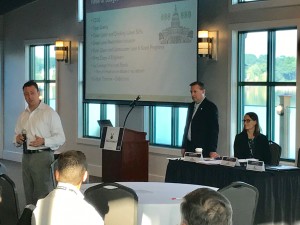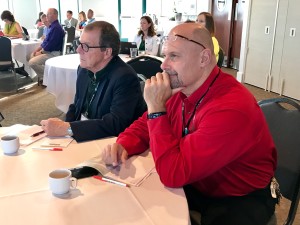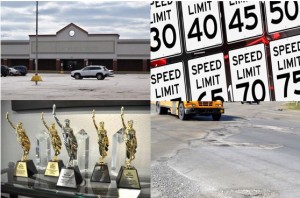Grants to support the revitalization of coastal habitats and waterways in local communities are now available through the EGLE’s Office of the Great Lakes Coastal Program’s Coastal Healthy Habitat, Waters and Communities Initiative. The Coastal Program will make $225,000 available, with grants ranging from $10,000 – $70,000, to the implementation of nature-based restoration projects that support enhance coastal public access and protect water quality.
The preservation of these environments not only preserves the beauty of Michigan diverse natural areas, but assists in the maintenance of water quality, flood storage, and erosion control.
Eligible applicants include coastal communities (e.g., local units of government, cities, counties, villages, and townships), regional planning agencies, educational institutions, and tribal governments located within the approved programmatic boundary.
Technical assistance will be available for selected grantees. The applications deadline is June 17, 2019. Access the grant application here.
For more information visit www.michigan.gov/coastalmanagement.
Herasanna Richards is a legislative associate for the Michigan Municipal League where she handles the areas of energy, environment, municipal services, and elections. She can be reached at hrichards@mml.org or 517-908-0309.





